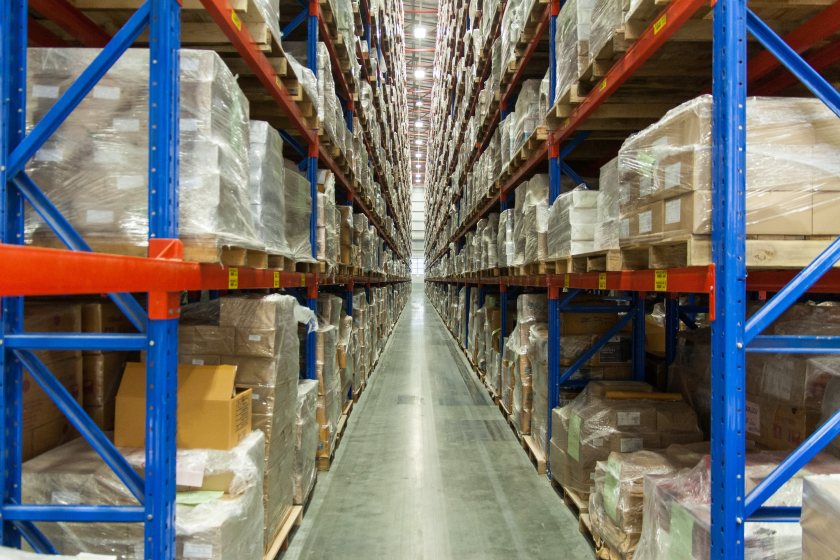
Surge pricing on shipping this Black Friday could dampen the profits of thousands of warehousing and logistics firms across the UK.
New figures reveal that almost a third of firms in the supply chain sector (32%) saw their carrier costs jump in November last year compared to the previous month.
In the latest report from order fulfilment software provider, Mintsoft, a quarter reported that these costs grew by nearly 25% during Black Friday Week – from an average of £3.50 to £4.37 per item.
Carriers typically apply a peak season surcharge between mid-November and early January to manage the high demand over Black Friday, Christmas and the January sales.
But with many consumers expecting free or low-cost shipping on purchases, retailers and fulfilment companies need to minimise these costs, otherwise they’ll have no choice but to absorb the price hike and take the hit on their margins.
Beth Chapman, Managing Director at cross-border delivery service, Starlinks Global, explains more: “The bad behaviour of profiteering from some carriers that goes on during the peak season is frustrating.
"Retailers are struggling with price pressures and we should be working together to grow volume in a sustainable way. Not hiking prices as soon as it turns October 1st.”
Her comments were echoed by Ruhksar Ahmed, Director of third-party logistics provider, Green Fulfilment: “Retailers should be able to rely on their fulfilment partners and carriers to ensure they don’t face huge price increases during peak season.
"In anticipation of our client’s increased order volumes, we negotiate with our carrier partners to minimise price increases and guarantee service levels during the busiest e-commerce period.”
Higher shipping costs are not the only pressure facing supply chain firms, according to the research.
Just over 90% take on temporary staff to help them manage seasonal demand but nearly a fifth (18%) say that they struggle to fill these positions.
Data from Mintsoft suggests that firms using its software processed 1.2 million orders last Black Friday, and saw a 35% jump in orders dispatched.
Now its experts predict that order volumes could jump by 14% this year – following a 17% rise in 2023 – and firms may see an increase in orders processed this year too.
Being able to process them quickly and accurately is a top concern for operators.
Around a third experienced stock management problems last year, and 58% experienced a stockout. Despite this, around 17% only start preparing for Black Friday less than three months before the event.
Claire Carter, Managing Director of ERP at The Access Group, the parent company of Mintsoft, said: “Although peak season surcharges are nothing new, they certainly add to the cost pressures already impacting small and mid-sized firms.
"We’d urge firms to review the contracts they have with all of their carriers and strengthen their partnerships with them to ensure they’re getting the best deal, as well as timely collections and deliveries to meet consumer’s expectations.”
She added: “As our retailers and fulfilment partners know, the more technology they have and the automation it offers go a long way to plugging labour gaps, ensuring speed is met with accuracy, and offsetting higher costs, including shipping.”
“Without the right combination of software and data intelligence, identifying the opportunities for peak efficiency can be difficult – it’s never too early to prepare your tech-stack for busy periods.”
Meanwhile, Dave Pickburn, CEO of Stream, a logistics software provider, added: “Increased order volumes are always welcome, but surges, like those during peak season, bring significant challenges for retailers and 3PL providers, especially when those orders may increase by as much as 35% during peak season.
“Having the right software in place to automate as many functions as possible, means that businesses can handle those surges without adversely affecting the operation.
"Let the software deal with as many of those repetitive, mundane tasks such as order processing, inventory management, invoicing and dispatch.
"Retailers and 3PL providers can then deal with the exceptions and outliers, to deliver a seamless experience for their customers.”